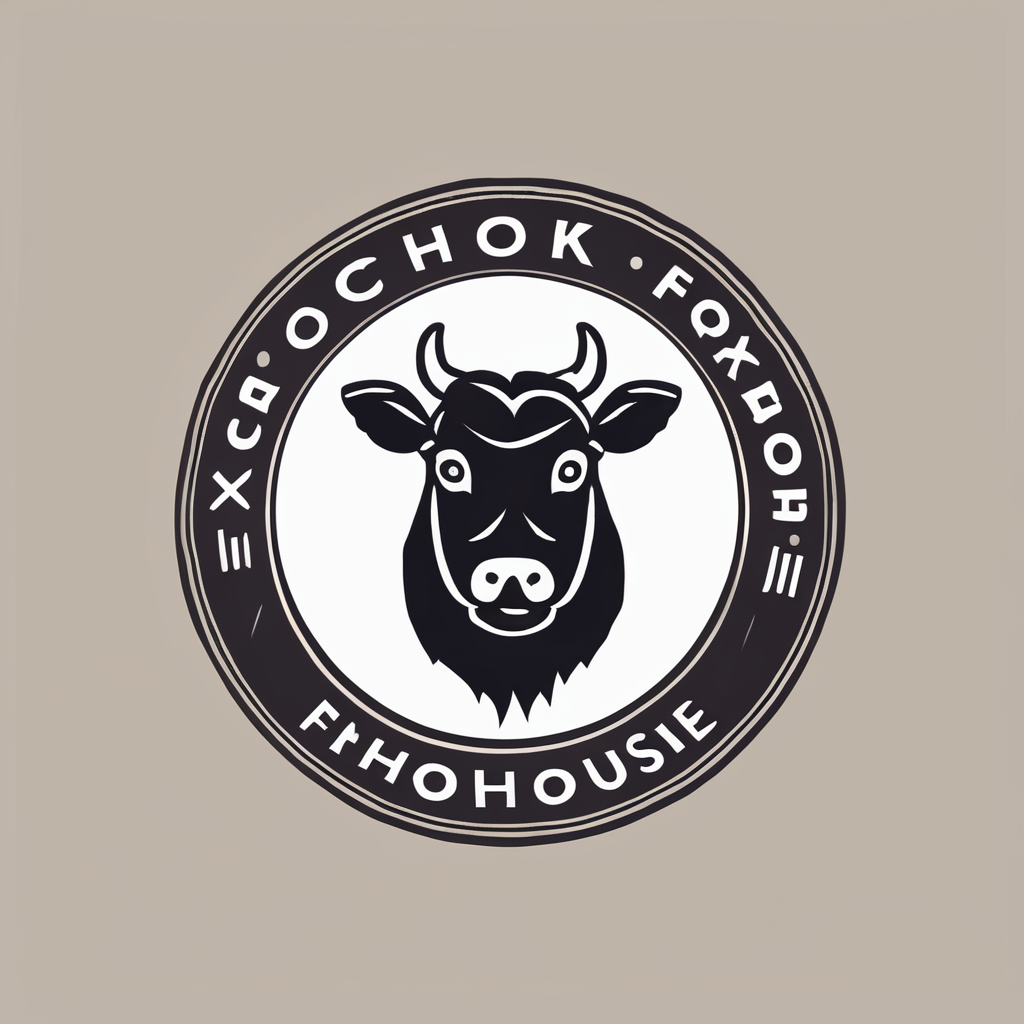Current Trends in Eco-Friendly Kitchen Cabinetry in the UK
The UK market is witnessing a significant growing demand for sustainable kitchen solutions. Homeowners and renovators alike are prioritizing eco-conscious renovations that not only reduce environmental impact but also align with evolving aesthetics and practical needs. This trend is driven by heightened environmental awareness and stricter building standards within the country.
In the realm of materials and finishes, there is widespread popularity of modern eco-friendly materials and finishes. Sustainable kitchen trends now frequently feature cabinet options made from reclaimed wood, bamboo, or other renewable resources, combined with low-VOC and water-based finishes. These materials not only limit harmful emissions but also provide durability suited to busy kitchens.
Topic to read : The Ultimate Guide to Cutting-Edge Safety Features in Modern Electric Pressure Cookers
UK consumer preferences have clearly influenced these trends. Many choose sustainable kitchen cabinetry UK not only for environmental reasons but also because of a preference for natural textures and finishes that bring warmth and authenticity to the home. Additionally, building regulations increasingly encourage the use of ethically sourced and environmentally sound products in kitchen cabinetry. This regulatory landscape fosters a market where eco-conscious renovations are both a practical and responsible choice.
Overall, the intersection of eco-conscious renovations, consumer demand, and regulatory support firmly positions eco-friendly kitchen cabinetry UK as a central feature of sustainable kitchen trends in the UK.
Topic to read : How Does the Latest Trend in British Cuisine Revolutionize Home Cooking?
Types of Eco-Friendly Materials in UK Kitchen Cabinetry
When considering sustainable materials kitchen cabinets UK, reclaimed and recycled wood stand out as top choices. These materials reduce landfill waste by giving new life to old timber. Reclaimed wood offers unique grains and textures, enriching any kitchen’s visual appeal while supporting an eco-conscious renovation approach. Using recycled wood kitchen cabinets also significantly cuts down on the demand for virgin timber, aligning with environmental goals.
Bamboo kitchen cabinetry is gaining traction due to bamboo’s rapid growth rate compared to traditional hardwoods. This fast-renewable resource provides excellent durability and a nod to sustainable kitchen trends. Bamboo’s natural resilience makes it particularly suited to kitchen environments, combining strength with an eco-friendly profile.
Low-VOC finishes are another critical element in sustainable kitchens. These finishes minimize volatile organic compounds that can harm indoor air quality. Water-based finishes are commonly used, supporting healthier living spaces by reducing harmful emissions. Incorporating low-VOC finishes in eco-friendly kitchen cabinetry UK ensures cabinets are both environmentally responsible and safe for inhabitants.
Together, these materials form the foundation of eco-conscious renovations by balancing sustainability with practical kitchen demands. They exemplify how modern cabinet design can marry environmental responsibility with aesthetic and functional excellence.
Sustainable Manufacturing Practices by UK Brands
UK kitchen cabinetry brands are increasingly embracing sustainable manufacturing to meet rising consumer demand for eco-conscious renovations. This shift involves adopting production processes that minimize waste and reduce environmental impact. For example, many manufacturers now use precision cutting technologies that limit material waste, ensuring that eco-friendly kitchen cabinetry UK is produced with resource conservation in mind.
Energy efficiency is another cornerstone of sustainable manufacturing. Leading UK kitchen cabinetry brands implement energy-saving machinery and integrate renewable energy sources within their factories. By reducing reliance on fossil fuels during production, brands not only lower carbon emissions but also align with broader UK sustainability goals. This focus on energy-efficient technology highlights the tangible steps being taken to deliver eco-friendly kitchen cabinetry UK while supporting environmental stewardship.
Another key aspect is compliance with recognized eco certifications kitchen cabinets. These certifications validate that cabinetry meets rigorous sustainability criteria, from material sourcing to manufacturing processes. UK kitchen cabinetry brands often pursue certifications such as FSC or PEFC for responsible timber sourcing and CE marking to confirm adherence to UK environmental standards. Compliance assures consumers that their sustainable kitchen trends choices are backed by verifiable environmental credentials.
Together, these sustainable manufacturing practices demonstrate how UK kitchen cabinetry brands actively contribute to advancing eco-conscious renovations. They ensure that the production of eco-friendly kitchen cabinetry UK is both responsible and transparent, catering to environmentally aware consumers without compromising quality or design.
Regulatory Guidelines and Standards in the UK
UK kitchen cabinetry regulations play a vital role in shaping sustainable kitchen trends. These regulations ensure that materials used in eco-friendly kitchen cabinetry UK meet strict criteria for environmental responsibility. Government policies and industry standards actively promote the use of ethically sourced timber and restrict materials with harmful emissions, supporting eco-conscious renovations.
Environmental standards kitchen requirements focus on reducing the carbon footprint and preventing indoor air pollution. For instance, regulations may mandate the use of low-VOC finishes and sustainable materials to improve both environmental impact and occupant health. These standards help maintain consistency across products labeled as eco-friendly kitchen cabinetry UK.
Sustainable building requirements UK also influence kitchen cabinetry choices by integrating eco criteria into broader construction and remodeling codes. Compliance with such guidelines encourages manufacturers and homeowners to adopt greener options that align with national sustainability goals. By meeting these legal requirements, eco-conscious renovations become more accessible and trustworthy, reinforcing the credibility of eco-friendly kitchen cabinetry UK offerings.
Together, UK kitchen cabinetry regulations, environmental standards kitchen controls, and sustainable building requirements UK form a comprehensive framework. This framework ensures that eco-conscious renovations prioritize both ecological integrity and consumer safety in the growing market for sustainable kitchen trends.
Current Trends in Eco-Friendly Kitchen Cabinetry in the UK
The UK market’s interest in eco-friendly kitchen cabinetry UK continues to intensify, reflecting broader sustainable kitchen trends and a strong push for eco-conscious renovations. This trend is rooted in the growing awareness among consumers who increasingly prioritize products that reduce environmental impact without sacrificing style or functionality.
Homeowners now commonly seek kitchen cabinetry incorporating modern, eco-friendly materials and finishes that comply with stringent environmental criteria. These choices often include the use of low-VOC coatings and responsibly sourced timber, reflecting shifting preferences toward healthier living environments. The demand for such cabinetry stems not only from an environmental standpoint but also from evolving design trends favoring natural textures and finishes that contribute to the overall warmth and inviting atmosphere of the kitchen.
In addition, UK building standards further shape these trends by imposing regulations that promote sustainable material use and limit emissions from cabinetry products. These regulations ensure that choices made in renovations align with national environmental goals, making eco-conscious renovations more reliable and respected. Consumers thus benefit from a market where eco-friendly kitchen cabinetry UK is both a practical decision and a statement of environmental responsibility.
Together, these factors underscore the dynamic relationship between consumer demand, product innovation, and regulatory frameworks, positioning eco-friendly kitchens as an essential aspect of the UK’s sustainable living movement.
Current Trends in Eco-Friendly Kitchen Cabinetry in the UK
The landscape of eco-friendly kitchen cabinetry UK is shaped by an escalating demand for sustainable kitchen solutions, reflecting a broader commitment to eco-conscious renovations. This demand arises from consumers seeking to integrate sustainable kitchen trends that balance environmental responsibility with design appeal and function.
Modern kitchen cabinetry increasingly features materials and finishes that prioritize sustainability. Homeowners and renovators favour cabinets manufactured from renewable resources, complemented by low-VOC finishes that minimize harmful emissions, enhancing indoor air quality. The aesthetic preference leans toward natural textures and environmentally sound materials, which contribute to a warm, authentic kitchen atmosphere while supporting long-term ecological goals.
UK building standards and regulations further reinforce these trends by encouraging or mandating the use of ethically sourced timber and sustainable finishes. This regulatory emphasis ensures that eco-friendly kitchen cabinetry meets strict environmental and health criteria, providing assurance to consumers making eco-conscious decisions.
Additionally, UK consumer preferences influence product innovation and availability. Buyers increasingly expect transparency about materials and manufacturing methods, pushing brands to adopt more sustainable practices without compromising style or durability. The combined effect of evolving consumer tastes, regulatory frameworks, and material innovation firmly positions eco-friendly kitchen cabinetry UK at the forefront of sustainable kitchen trends, making eco-conscious renovations a mainstream choice across the nation.

